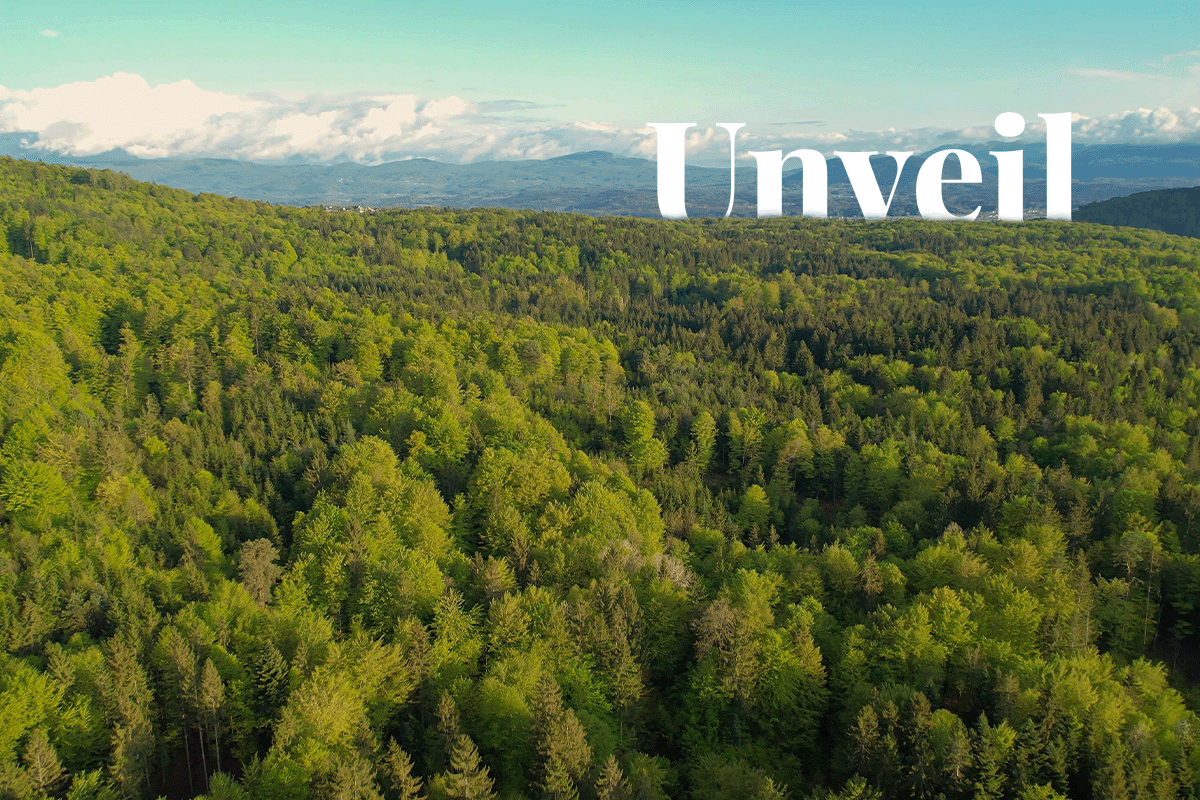In a groundbreaking move during COP28, the Governors' Climate and Forests Task Force (GCF Task Force) rallied for a $1 billion investment, igniting the creation of a ‘new forest economy’. The urgency behind this initiative lies in redefining priorities—from valuing cleared lands to safeguarding standing forests.
 Aerial landscape view of mountains and a forest.
Aerial landscape view of mountains and a forest.
The critical need for investment stems from a concerning 10% increase in tropical forest loss in 2022. Carbon emissions from deforestation match those of India, the third-largest emitter globally. Despite commitments, existing funding falls significantly short, estimated at a mere 1% of the required $460 billion annually. The GCF Task Force underscores the pivotal role of subnational governments and communities in driving real-time policy innovation and sustainable development.
Read more: Reforestation: 10 amazing benefits of planting trees
As the world's largest subnational government network dedicated to forests and climate, the GCF Task Force, comprising 43 member states and provinces from 11 countries, stands at the forefront. Their approach involves crafting decarbonisation and investment strategies, presenting ‘shovel-ready’ opportunities to combat deforestation and foster economic growth.
The transformative power of the Governors' call lies in its blended-financing approach, drawing from donor contributions, carbon markets, private sector investments, philanthropy, and more. The goal is to establish a flexible and transparent fund with tangible impacts on deforestation reduction, poverty alleviation, and enhanced forest governance.
Read more: World Bank unveils vision for thriving global carbon markets
Looking ahead, the GCF Task Force plans a co-design phase spanning the next year to attract partners and chart a flexible fund allocation roadmap. This inclusive approach ensures the involvement of Indigenous peoples, local communities, and government agencies in shaping the new forest economy. Momentum builds through COP28 and beyond, setting the stage for COP30 in 2025, hosted by GCF Task Force member state Para, Brazil.
Commencing a journey towards environmental consciousness alongside DGB Group provides many opportunities to initiate meaningful change. Whether you're assessing your ecological footprint, offsetting your environmental impacts through carbon credits, or engaging with our committed team for customised business solutions, you can make a positive environmental impact. Our nature-based projects range from large-scale reforestation initiatives to energy-efficient cookstoves, all combatting deforestation and benefitting the environment and local communities. Through our collective efforts, we can contribute to substantial environmental improvements, playing a crucial part in shaping a greener and more sustainable future.
Join DGB in shaping a better future

